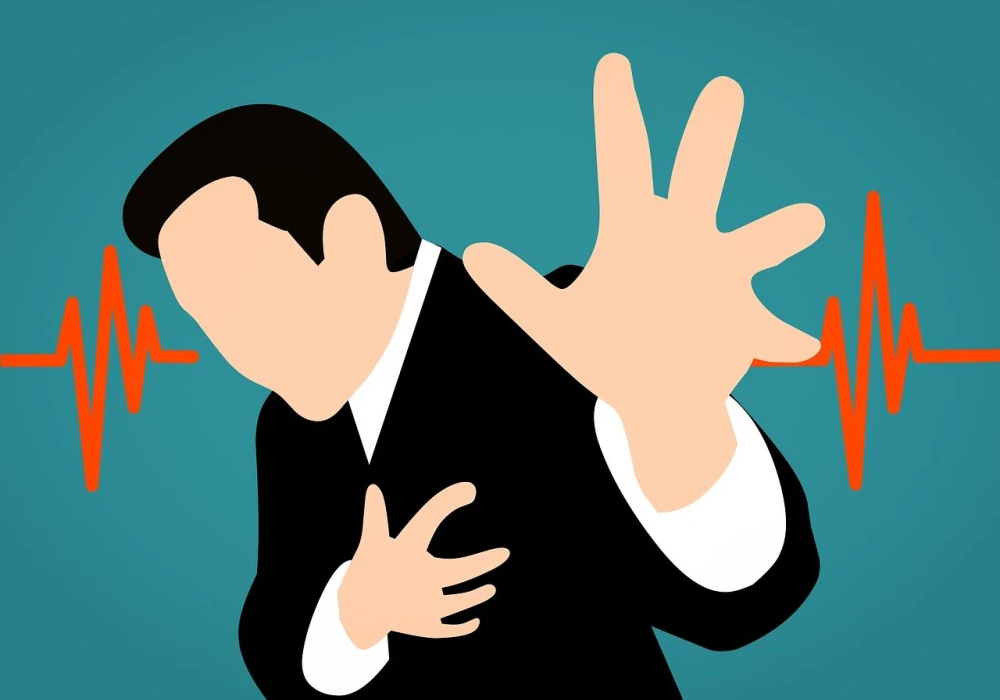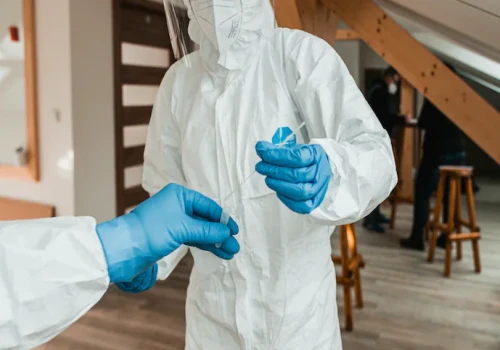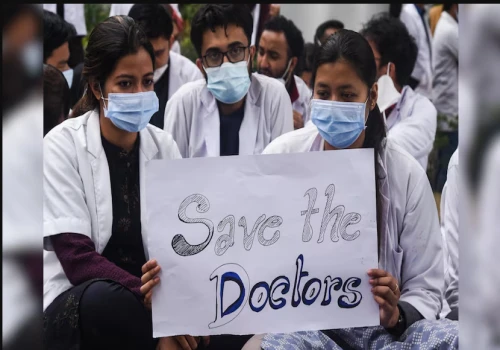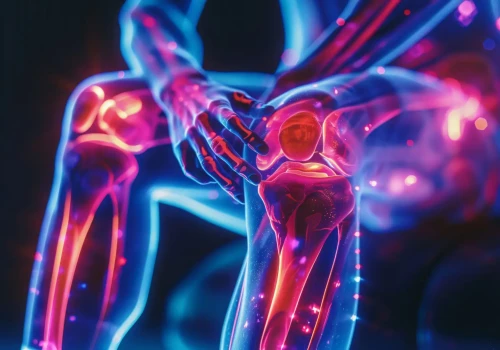
What is CPR?
CPR stands for Cardiopulmonary Resuscitation. It is a life-saving technique used in emergencies when someone's heart stops beating, or they stop breathing. This can happen during situations like a heart attack, drowning, or choking. CPR involves chest compressions and rescue breaths to help keep blood flowing and oxygen circulating in the body until medical help arrives.
What Is the Purpose of CPR?
The main purpose of CPR is to keep oxygen-rich blood flowing to the brain and other vital organs. This helps to prevent brain damage and death. When the heart stops, the body no longer gets oxygen, which can cause serious harm quickly. By performing CPR, you can help keep the person alive and give them a better chance of recovering.
Why is CPR Important?
CPR is important because it can save lives. When someone has a cardiac arrest, their chances of survival decrease by 7-10% for every minute that passes without CPR. Quick action can double or even triple their chances of survival. CPR can also help keep the person stable until professional medical help arrives, increasing their chances of a full recovery.
What Are the Types of CPR?
There are two main types of CPR: hands-only CPR and conventional CPR. Hands-only CPR is recommended for most people and involves only chest compressions. This type of CPR is easy to learn and can be very effective. Conventional CPR involves both chest compressions and rescue breaths. This type is often used for children, infants, and drowning victims.
Why Learn CPR?
Learning CPR is important because you never know when you might need to use it. Emergencies can happen anytime and anywhere. By knowing CPR, you can be prepared to help family, friends, or even strangers in need. CPR training is widely available, and many organizations offer courses that can teach you this valuable skill.
Benefits of Knowing CPR
- The most obvious benefit is the ability to save someone's life in an emergency.
- Knowing CPR can give you the confidence to act quickly and effectively in a crisis.
- Being prepared for emergencies can make you feel more secure and less anxious.
- Knowing CPR means you can contribute to the safety and well-being of your community.
- Some jobs require CPR certification, and having this skill can make you more attractive to employers.




_500_x_350.webp)





